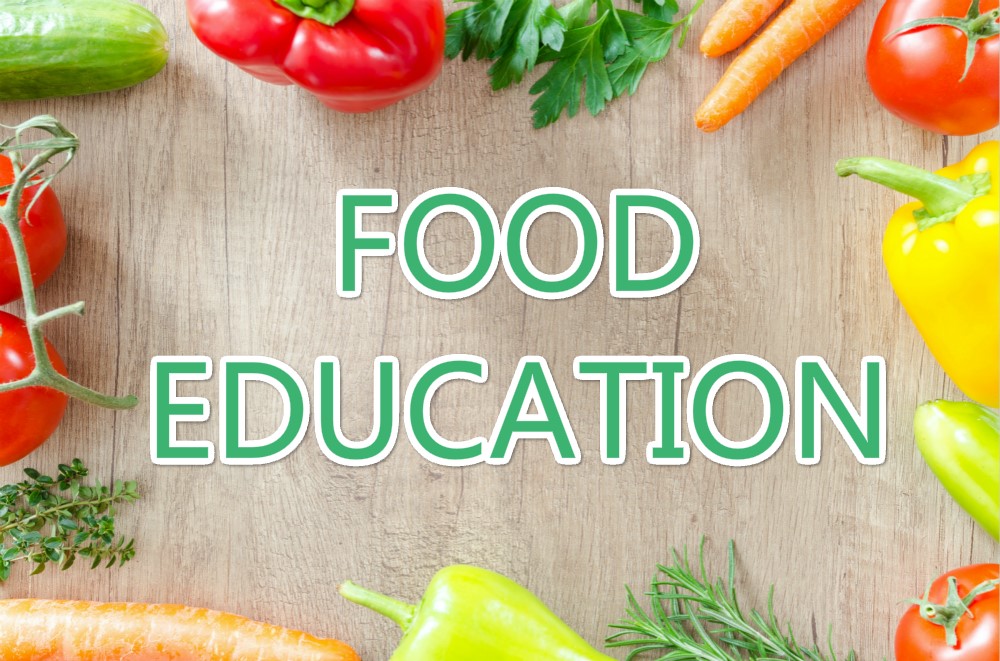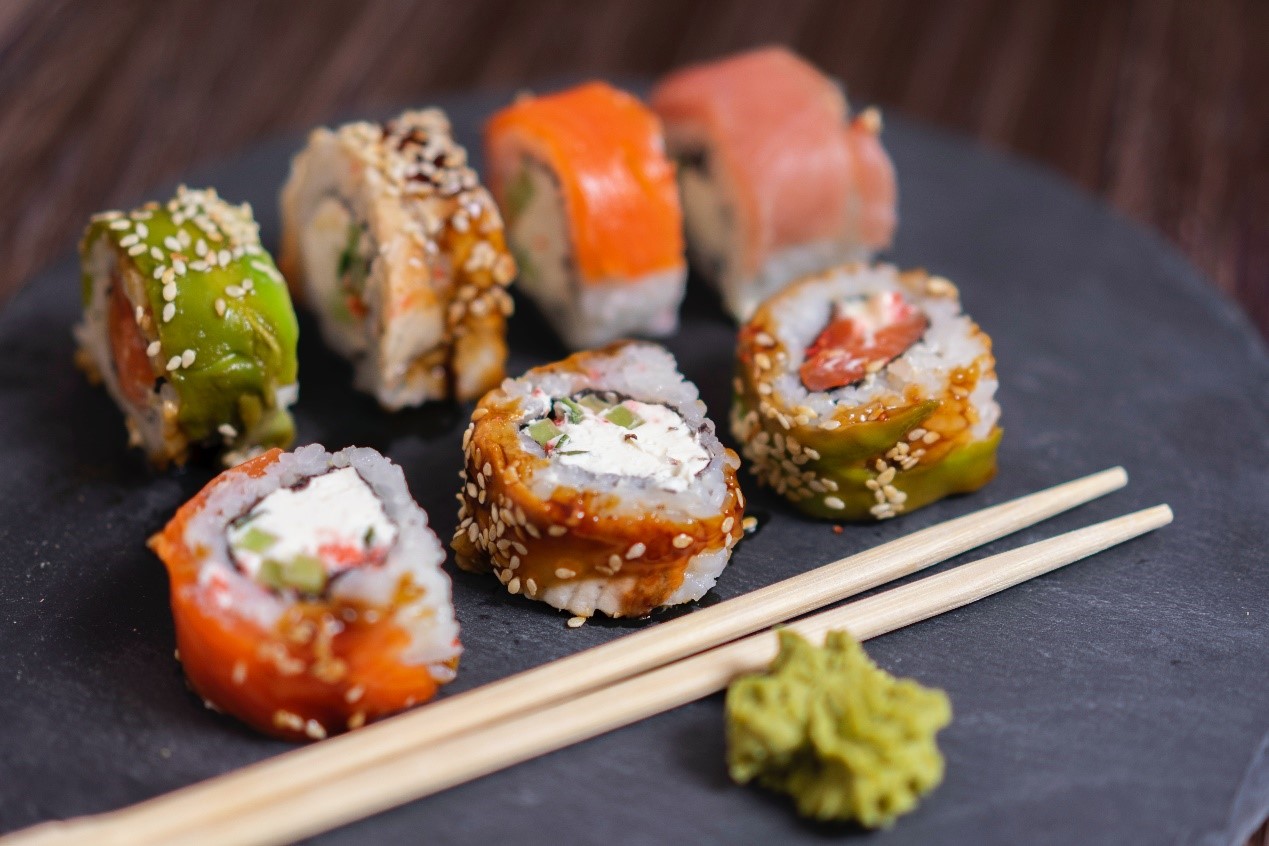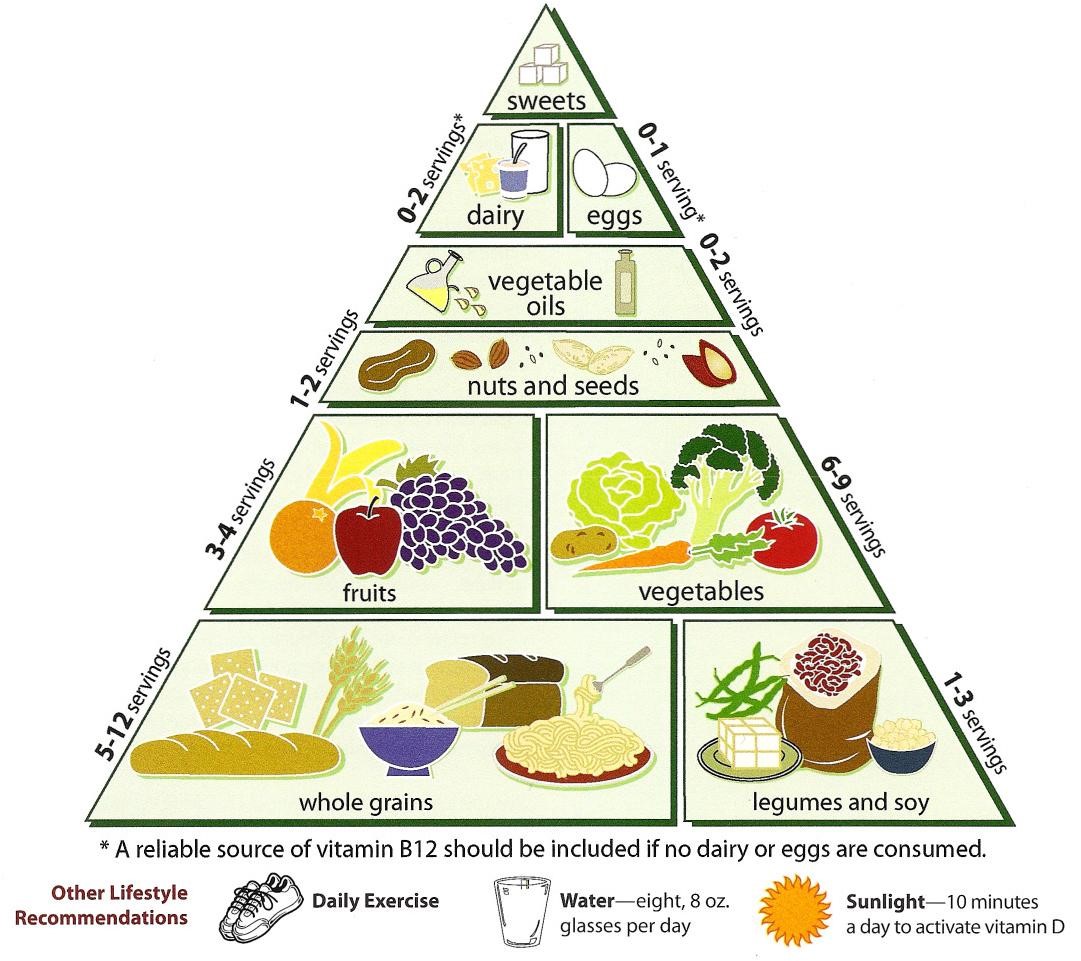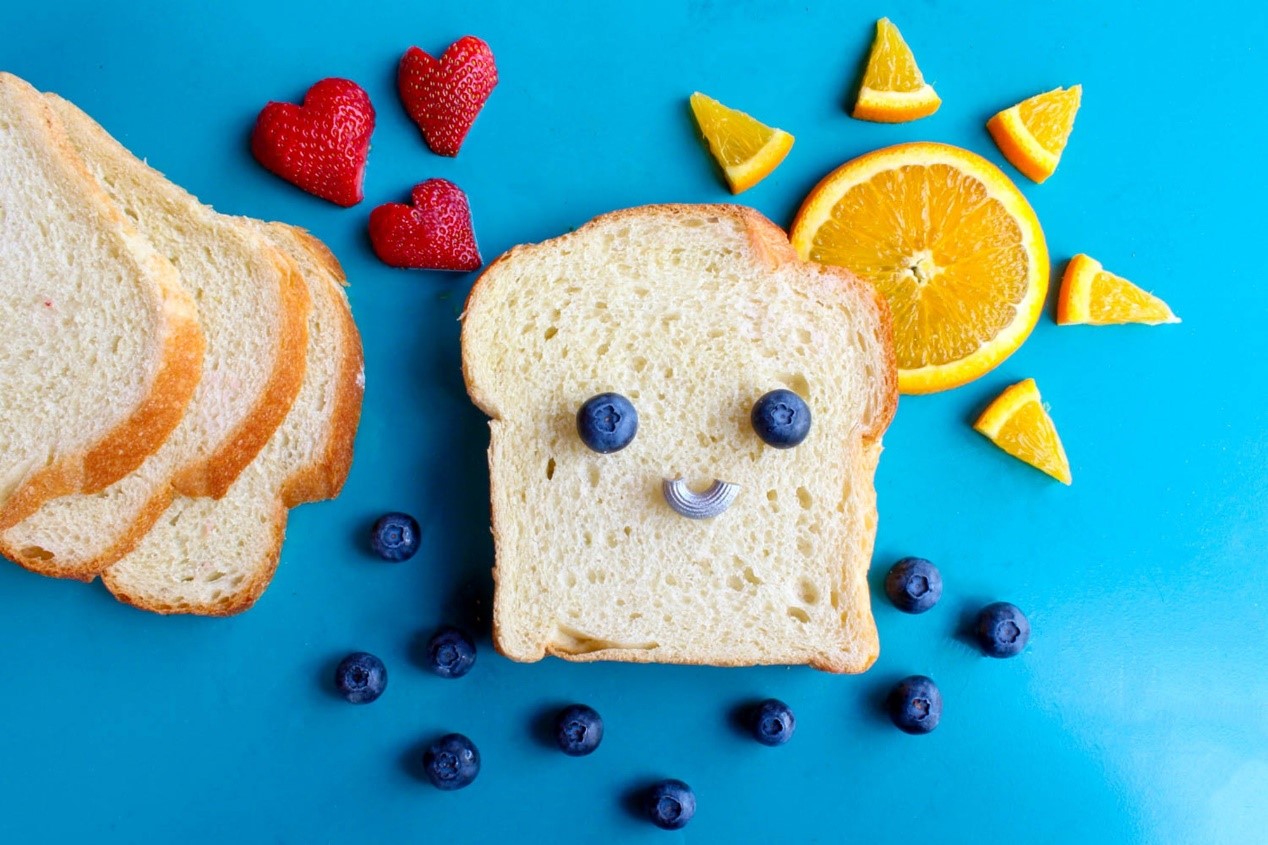


Food education is any set of conditions and/or learning experiences designed to facilitate people eating food that contributes to their health and well-being. Food education also includes food culture, food production, food waste, food etiquette, eating habits, and gratitude for the nature and people. The ultimate purpose of food education is cultivating a healthy body and mind and enriching human nature.

As COVID-19 continues to affect the world, the United Nations has issued a warning concerning a food crisis. Twenty-five countries are under serious risk of a food shortage in 2020, and an estimated 690 million people worldwide will suffer from hunger. The UN also states that the world is facing the worst food crisis in recent 50 years.
As the number of hungry people in the world increases, the goal of Zero Hunger in 2030 from the UN is almost unachievable due to the epidemic. But food education might help. Food education advocated by educators may not help in improving food productivity, but it does help in reducing food waste. Food education helps the next generation to learn to respect food, eliminate waste, and contribute to the global food problem.
Countries from around the world are addressing food education within schools. Educators practice and teach students about the importance of food and the impact this has on their lives.
Food education was first proposed in 1896 by a Japanese health scientist. Later, another Japanese writer also pointed out that for children, the root of physical education and moral education lies in food education.

Food education in Japan is taught using dietary concepts, food safety, table manners and dietary culture. Students need to design recipes, prepare breakfast for their families, and learn about unhealthy ingredients in junk food via chemical experiments. Japanese people believe that food education is a life education, teaching children to respect the environment as a source of their food. This therefore raises the awareness of food waste and limited resources.
Farm-to-School Programs encourage schools to buy farm-fresh foods from their local community to serve in the cafeteria and feature educational activities in the classroom. Students gain access to healthy, nutritious food as well as educational opportunities such as farm field trips, garden-based learning, cooking lessons, and recycling programs. The farm-to-school approach helps children and families understand where their food comes from and how their food choices can impact their health, the environment, and their community. Specific benefits for children, according to the U.S. National Farm-to-School Network, include an increased knowledge and awareness about gardening, agriculture, healthy eating, local foods and seasonality, greater fruit and vegetable consumption both at school and at home, and enhanced overall academic achievement.
The British Ministry of Education announced in 2014 that students aged 7 to 14 must learn to cook basic meals. At the age of 14, students must be able to cook at least 20 dishes. The purpose of the Cooking Test is to let school children learn the food knowledge and culture through fun cooking lessons. This knowledge and skill allow students to wisely choose and buy food, as well as have basic cooking abilities to feed themselves and cook for their families.
To cultivate students’ healthy eating habits, the German government has implemented a national Public Kitchen project in primary and secondary schools in recent years. Food education teachers with professional dietician qualifications will guide students to understand the Nutrition Pyramid, to touch and feel different foods, and to learn different cooking techniques. Students learn these cooking techniques in specialized classrooms via experiential teaching. Schools will invite parents and government representatives to participate in the Public Kitchen activities bringing the groups together to promote collaboration and positive learning experiences about importance of food.

At the entrance of French schools, a detailed weekly menu is usually posted, and it must meet the rules published by the Ministry of Education. Such rules include every meal must have vegetables, fried food should not be more than once a week, and for every two meals there must be one meal with fruit. The Ministry of Education also requires school lunches to conform to the French way of eating, which is an appetizer, main dishes, and dessert. During the meals, teachers will stand by to correct students' dining etiquette, to cultivate their understanding of French food culture from an early age.
In addition, students will join "Food and Taste Education" courses and activities in schools. Children are encouraged to put their hands into a bag full of food, or blindfold their eyes, to taste, feel and recognize the food through touch. Local chefs, vegetable farmers, butchers, cheese manufacturers are also invited to introduce the food production process to school children, and cook and enjoy food together.
Food plays an important role in the daily life and wellbeing of children. Childhood food experiences are important guides to eating behaviors in adults.
Concordia International School Ningbo (CISN) has designed a unique food education program to foster children’s understanding of the importance of food. This will help students to fully understand nutrition, food culture, farming healthy foods, health, table manners, and cooking skills. Students will learn about these aspects through active experiences and hands-on practice. In this way, children learn to better develop their self-health and self-behavior management skills from an early age.

CISN will have a cooking room where a child-sized kitchen can be used by the students. They can have hands-on experiences with different textures, tastes, and colors of various foods, as well as practice simple methods of food preparation and cooking. Children also gain an aesthetic sense through color matching and plate presentation, and learn to share foods with their friends around tables.
Our school offers a buffet-style catering service with daily international selections prepared on site. The school menu is varied, providing choices to suit everyone's taste, including different cultural flavors such as Chinese, Western, Japanese, and Korean foods. We also teach children about the importance of hygiene and healthy meals as part of a balanced lifestyle.

Our school also emphasizes proper dining etiquette. Children realize the importance of order and eating with good table manners and cleaning the table after meals. There are opportunities for students to participate in voluntary kitchen-helping activities. Through these activities, children gain firsthand experience and can respect other people’s work and the importance of food.
Children need opportunities to be close to nature and see actual plants growing. CISN has an organic farm in Dongqian Lake area to practice experiential teaching. Under the guidance of teachers and parents, children can experience and observe the planting process, plant growth, and a sense of accomplishment during the final harvest.
Learning experiences should extend from school to the home. To help children develop good continuous eating habits, cooperation between parents and school is necessary. We believe that food education is beneficial not only for children, but also for parents and teachers. Schools will hold food education workshops and parent-child activities to provide support to parents. Food activities can be viewed as a medium to build good family and interpersonal relationships.

Gaining the respect for food via food education is quite essential for the next generations, especially as it applies to the global food crisis. Food education can not only bring various food related knowledge to children, but also provide children with the ablity to make healthy food choices. Food education involves more than textbooks and facts to remember, it is a process of participating in food planting, processing, cooking, identifying, and tasting.
CISN’s child-centered food education program encourages children to explore the world by understanding and respecting food, the processes involved, nutrition, and culture.

Concordia International School Ningbo serves students from age 3 to age 18 and provides a rigorous, globally focused education that fosters inquiry, knowledge empathy, and nurtures a lifelong love of learning.
Concordia International School Ningbo
+86(0)574 8807 6699
No.18 Guangfu street,Yinzhou District,Ningbo
Concordia International School Ningbo All right reserved.

朱经理
86-139-8933-7302